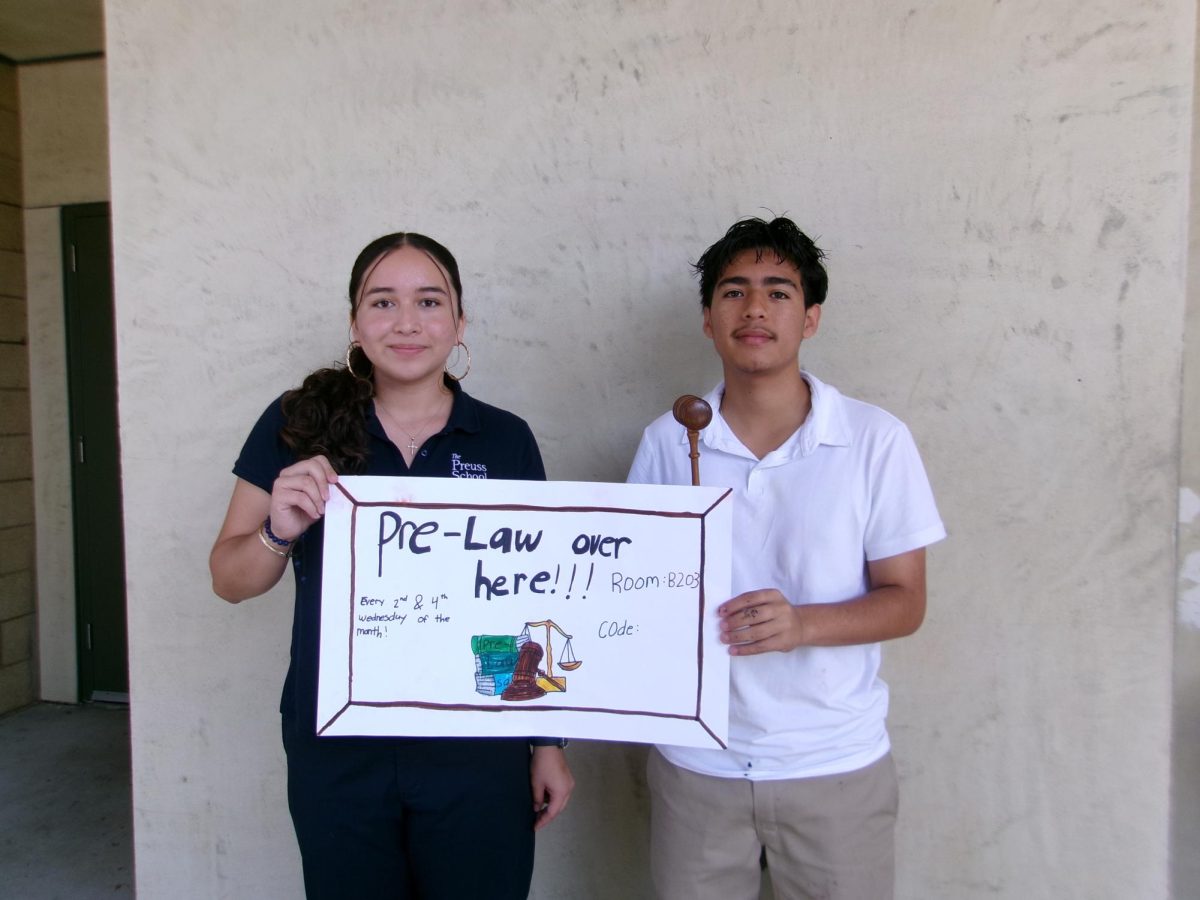Ohio Professor Allowed To Use Incorrect Pronouns For Students
April 28, 2022
In 2018 a Shawnee State University professor was reprimanded for refusing to use the preferred pronouns of a transgender student. The professor, Nicholas Meriwhether, stated that using them went against his religious beliefs. Due to this, he later received a written warning expressing that he had violated the schools anti-discrimination policy.
Soon after receiving said warning Meriwether decided to sue the school for $400,00 on the premise that they had violated his rights to freedom of speech as well as religious freedom. The lawsuit was dismissed by a federal district court for lack of standing. In this case lack of standing meant that since Meriwether hadn’t experienced any harm to his employment the lawsuit was dismissed.
However, last year a three judge panel revisited the case and decided to open it again in a lower court where Meriwether was able to argue that his first Amendment right was violated. The university decided to settle the case and pay Meriwether the $400,000 as well as agree with the decision that Professor Meriwether would have the freedom to choose when to use a person’s pronouns, and if he were to use pronouns he would not be mandated to use a students preferred pronouns.
The outcome of this case is very disappointing. I believe that if the school is allowing this teacher to refuse to use the correct pronouns for his students then whoever is in charge of organizing classes should make sure that no trans or nonbinary student be enrolled in Professor Meriwethers class. It might seem like a hassle to propose this but if Shawnee State University continues to keep Meriwether as a teacher while also keeping their students free from dicrimination, this might be the best compromise.
While this court case isn’t the most recent it’s only been brought to the public’s attention now, a year after its close. Within recent years many people within the trans and nonbinary community have stepped forward and asked for equality and laws for their protection. This has been followed by multiple states proposing anti-trans bills, specifically targeting trans and nonbinary minors.
In the grand scheme of things, one minor court case might seem insignificant but every conflict like this is important. This case would also potentially negatively impact any other trans and nonbinary students across the nation. If one teacher is able to get away with openly misgendering a student, using the excuse that it’s against one’s religion, there’s a possibility that other teachers will begin to do the same. Thus creating unsafe classroom environments for various transgender and nonbinary students. One can even go as far as to assume that students will also follow in the teachers footsteps and start misgendering another student.
Having a place someone considered to be a safe space to avoid being misgendered, that all of a sudden turns into an unsafe place where someone doesn’t know who the next person to misgender them will be can be extremely detrimental to one’s mental health. It might even cause students to start ditching classes in an effort to avoid this discrimination, which will take away their chance to learn and negatively affect their grades. Schools, specifically classrooms, should be a safe space for everyone. A place where no one should become anxious about going to class because of the way a teacher treats them.






